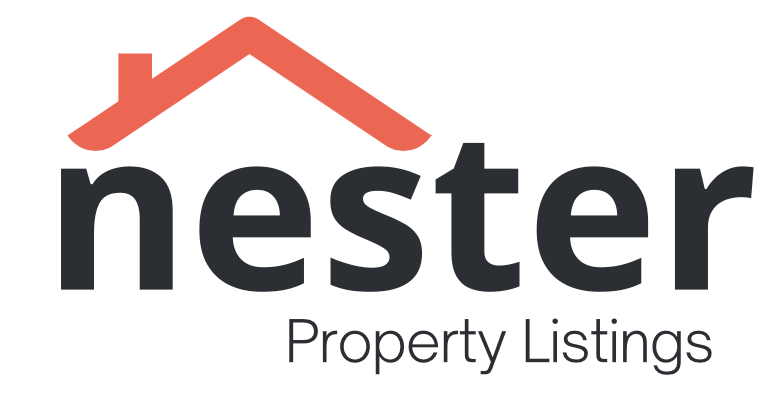Buying A House With A Friend ===
Buying a house is a major decision, and for some individuals, the option of purchasing a property with a friend can be an appealing and affordable choice. However, it is important to carefully consider the pros and cons before embarking on this venture. From establishing a legal partnership agreement to navigating potential challenges and risk factors, there are several aspects that need to be taken into account when buying a house with a friend.
Understanding the Pros and Cons
Buying a house with a friend comes with its own set of advantages and disadvantages. On the positive side, pooling resources can make affording a home more feasible, allowing both parties to share the financial burden. Additionally, this arrangement can provide emotional support and companionship during the home buying process. Furthermore, by sharing the expenses of maintenance and repairs, the costs can be significantly reduced. However, it is essential to acknowledge the potential downsides. Disagreements over financial responsibilities, divergent expectations, and differences in lifestyle choices can strain the friendship and lead to conflicts in the long run. Therefore, it is crucial to have open and honest communication and ensure both parties have a shared understanding of the potential risks involved.
Establishing a Legal Partnership Agreement
To protect both parties involved and avoid any misunderstandings down the road, it is essential to establish a legal partnership agreement. This agreement should outline the responsibilities, rights, and obligations of each individual regarding the property. It can include aspects such as the percentage of ownership, how expenses will be divided, and what happens if one party wants to sell or move out. It may also be prudent to consult with a lawyer specializing in property law to ensure all aspects are adequately covered. By having a clearly defined agreement, potential conflicts can be minimized, and both parties can have peace of mind.
Financing Options and Joint Ownership
When buying a house with a friend, there are different financing options to consider. Joint ownership is the most common approach, where both parties’ names are on the deed and mortgage. This means both individuals are equally responsible for the loan repayments and have equal rights over the property. Another option is for one person to buy the house and the other to contribute solely to the down payment or ongoing expenses. In this case, a legal agreement should be in place to establish the terms and protect both parties’ interests. It is crucial to consult with a mortgage lender or financial advisor to determine the best financing option and ensure a sound financial plan is in place.
Navigating Potential Challenges and Risk Factors
While buying a house with a friend can be a rewarding experience, there are potential challenges and risk factors that should be navigated carefully. Issues such as income disparities, changes in employment, or personal circumstances can affect the ability to contribute equally to mortgage payments and ongoing expenses. It is important to have open discussions and contingency plans to address such situations. Additionally, it is crucial to maintain a strong and transparent line of communication throughout the home buying process, especially when it comes to decision-making, house rules, and potential future plans. By proactively addressing challenges and risks, both parties can ensure a successful and harmonious homeownership experience.
Buying a house with a friend can be an exciting and cost-effective choice, but it requires careful consideration and planning. Understanding the pros and cons, establishing a legal partnership agreement, exploring financing options, and anticipating potential challenges are all crucial steps to take. By thoroughly assessing the situation and having open communication, individuals can embark on this joint venture with confidence, knowing they have taken the necessary precautions to protect their investment and maintain a healthy friendship.

